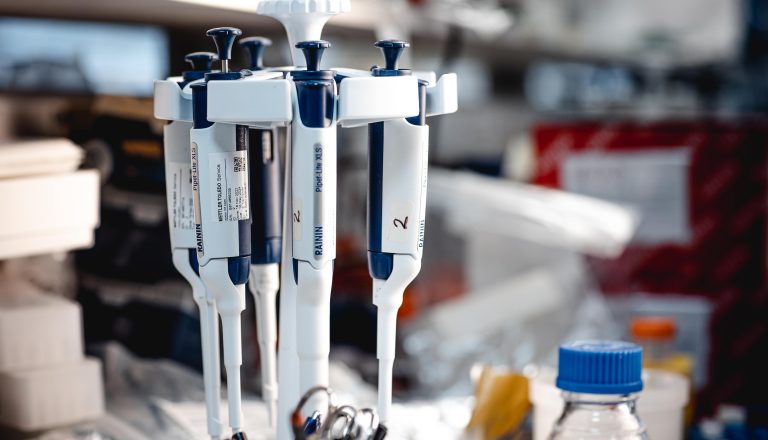Project Details
Project Title
Investigating the clinical relevance of the remaining 15 subtypes and establish whether they can be used prospectively to guide treatment.
Lead Researcher
Anthony Moorman
Research Centre
Newcastle University
City & Institution Postcode
Newcastle
Start Date
1 June 2024
Duration
--
Grant Amount
£243,259.36




